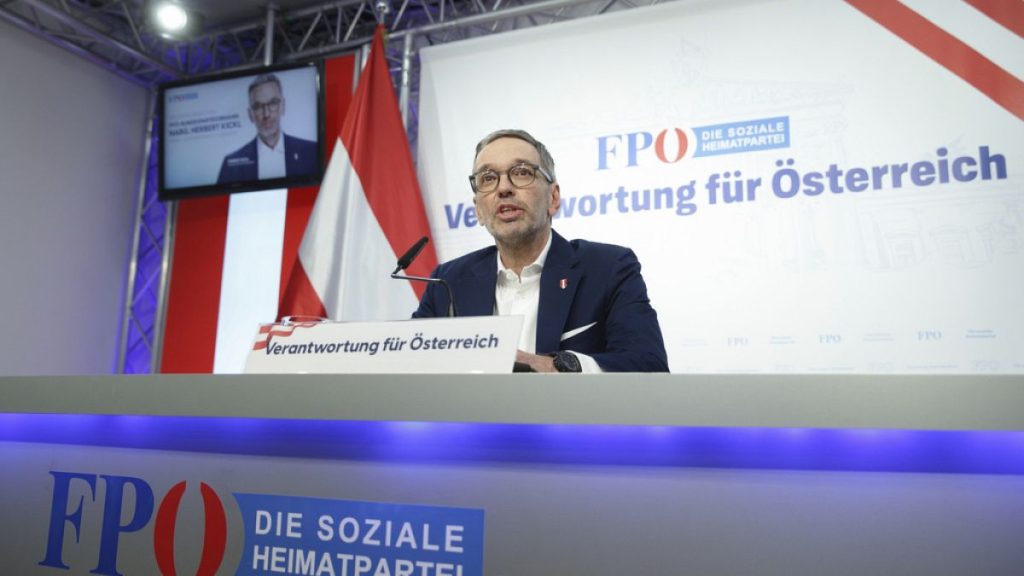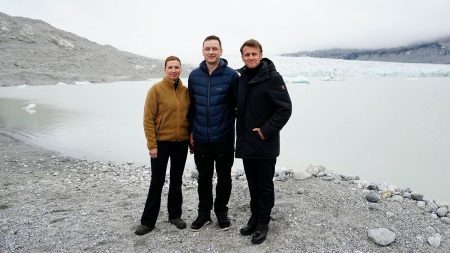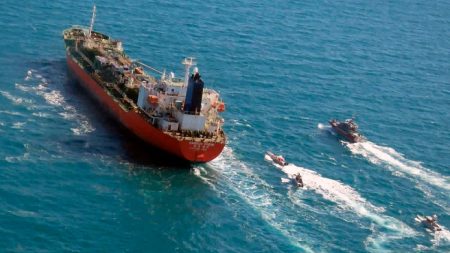The Austrian political landscape is undergoing a significant transformation following recent parliamentary elections, with the far-right Freedom Party (FPÖ), led by Herbert Kickl, emerging victorious. This victory has set the stage for potential coalition talks with the conservative Austrian People’s Party (ÖVP), raising concerns about the implications for Austria’s domestic policies and its role within the European Union. The FPÖ’s electoral success marks a shift in the political balance of power, challenging the traditional dominance of the ÖVP and posing a potential turning point in Austrian politics. The outcome of the coalition negotiations carries significant weight, potentially leading to the first far-right government in Austria since World War II.
Herbert Kickl’s rise to prominence and the FPÖ’s electoral triumph have introduced an element of unpredictability into Austrian politics. Kickl, known for his hardline stance on immigration and his often controversial rhetoric, presents a distinct departure from previous Austrian leaders. His potential chancellorship has sparked debate and analysis regarding the future direction of the country, with political scientists like Peter Hajek suggesting a potential “shift in power” within the EU should Kickl assume the role. This uncertainty extends to the coalition talks themselves, with the ÖVP hesitant to partner with the FPÖ under Kickl’s leadership, potentially leading to further political gridlock or even a snap election.
The initial reluctance of the ÖVP to form a coalition with the FPÖ under Kickl’s leadership led to a period of political stalemate. Outgoing Chancellor Karl Nehammer, whose party secured second place in the elections, was initially tasked with forming a government. However, the ÖVP’s refusal to engage with the FPÖ under Kickl stalled the process. Subsequent attempts to form a governing alliance without the FPÖ proved unsuccessful, culminating in Nehammer’s resignation and the subsequent mandate given to Kickl to explore coalition possibilities. This turn of events highlights the complex political dynamics at play, with the FPÖ’s electoral success forcing the ÖVP to reconsider its options.
While the FPÖ’s electoral victory positions them as a key player in the formation of a new government, the path to a coalition with the ÖVP is not without obstacles. Kickl has issued a direct challenge to the ÖVP, urging them to approach the talks with honesty and a willingness to compromise, or risk facing a snap election. This assertive stance underscores the FPÖ’s confidence in its growing support base, and signals Kickl’s determination to secure a favorable outcome in the negotiations. The potential for another election adds another layer of complexity to the situation, further highlighting the unstable nature of the current political climate.
The prospect of an FPÖ-led government has raised concerns among observers and analysts about potential shifts in Austria’s domestic and foreign policies. Kickl’s known hardline views on immigration and national identity have prompted speculation about potential policy changes that could have significant social and economic ramifications. Furthermore, his potential leadership raises questions about Austria’s relationship with the EU, given the potential for policy divergence and friction with other member states. These concerns are underscored by Hajek’s assessment of Kickl’s leadership as unpredictable and potentially disruptive.
As Austria navigates this period of political transition, the interim leadership of Alexander Schallenberg, the current Foreign Minister, provides a temporary measure of stability. Schallenberg’s assumption of the Chancellor’s duties allows for a smoother transition while the coalition talks proceed. However, the ultimate outcome of these negotiations remains uncertain, leaving the future direction of Austrian politics in a state of flux. The success or failure of the coalition talks will significantly shape Austria’s political landscape in the coming years and determine the country’s trajectory within the European Union. The stakes are high, and the potential implications for both domestic and international affairs are significant, making the upcoming political developments in Austria a subject of intense scrutiny and anticipation.










